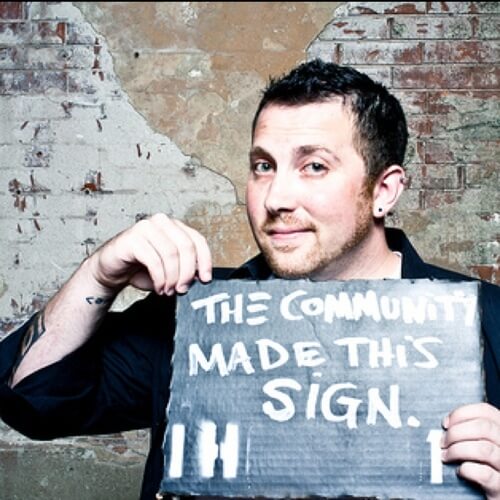Philadelphia is becoming a test case for a new theory on how cities develop in 21st-Century America.
The conventional wisdom used to be that economic development was the key to urban dynamism. Create the jobs, the people would follow, incomes would rise, and all would be well.
Now an alternative idea has come along, preached by a number of urban analysts. It holds that quality of life has become the key element for a city’s prospects, because young adults demand it and many jobs no longer have to be in any one particular place. Establish an attractive setting, talented people will come, and, sooner or later, the jobs will, too.
I pulled this from the opening paragraphs of the 2013 “State of the City” by Pew Charitable Trusts (warning, epic PDF behind that link). For the last 5 years, Pew has produced this report that’s packed with research and statistics that help highlight Philadelphia’s strengths and weaknesses. This years’ report is no exception, and is full of insights about how one of America’s largest cities is doing year over year.
What is exceptional, though, is how this years’ report brings together the trends that we’ve been observing at a micro-scale with Indy Hall and a slightly larger scale with coworking in general.
The environment matters, but not quite the way that traditional economic development thinks about environment.
The Mistakes We Make
In the case of coworking and community development, among the most common mistakes I see are founders & community managers who don’t leave enough room for their members to participate in co-creating the environment that they share.
These coworking spaces put all of the emphasis on creating the environment so that it may be consumed as a service.
These coworking spaces deal with the highest turnover rates, since their members perceive the environment as something to use and when it is no longer a need, neither is their membership.
While all coworking spaces are at risk of the Tragedy of the Commons (where shared resources and common areas suffer from disproportionate wear and tear). But these coworking spaces and their members suffer the most when their members are less considerate of the people that they environment they share.
Here’s what we know for certain: community members who contribute to the environment are the ones who will have the greatest sense of belonging to the community. Community members who contribute become natural evangelists, proudly sharing their participation with others and encouraging them to join in. Communities thrive when their members are “bought in” and feel a sense of ownership over the direction and evolution of the environment.
Cities make the same mistakes
“The conventional wisdom used to be that economic development was the key to urban dynamism. Create the jobs, the people would follow, incomes would rise, and all would be well.”
The fantasy of these steps isn’t that they’re inherently wrong – in many cases, they’re right. The fantasy is in the illusion that “creating the jobs” is a single step. Or maybe, just maybe, the fantasy is in the illusion that “create the jobs” is a step at all – it’s part of the environment that needs to be co-created.
And here’s what we know for certain: citizens who contribute to their environment are the ones who will have a greatest sense of belonging to the community, become natural evangelists for the city, and proudly share their participation with others and encourage them to join in.
Economic development needs to be collaborative
“Now an alternative idea has come along, preached by a number of urban analysts. It holds that quality of life has become the key element for a city’s prospects, because young adults demand it and many jobs no longer have to be in any one particular place. Establish an attractive setting, talented people will come, and, sooner or later, the jobs will, too.”
Here’s the key to remember: the most attractive setting for the change-makers isn’t an environment that’s done, ready to be consumed as a service. Community members need buy in and ownership in order for economic development efforts to have a lasting effect.
Let us know how we can contribute. Remember, if it’s change-makers you want, you show us something that needs changing, and be prepared to work along side us to make it happen.
 I am always thinking about the intersection of people, relationships, trust and business. I founded
I am always thinking about the intersection of people, relationships, trust and business. I founded